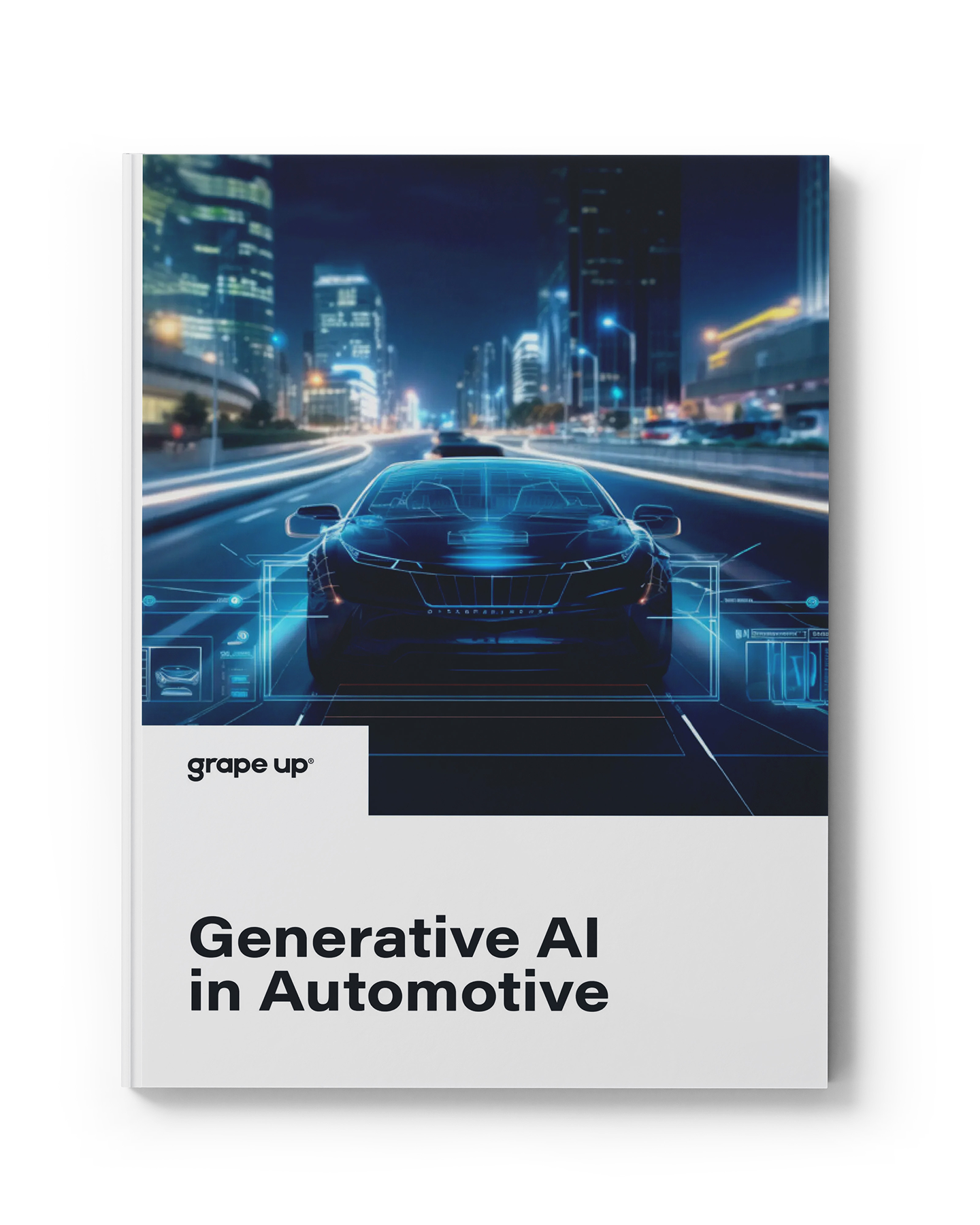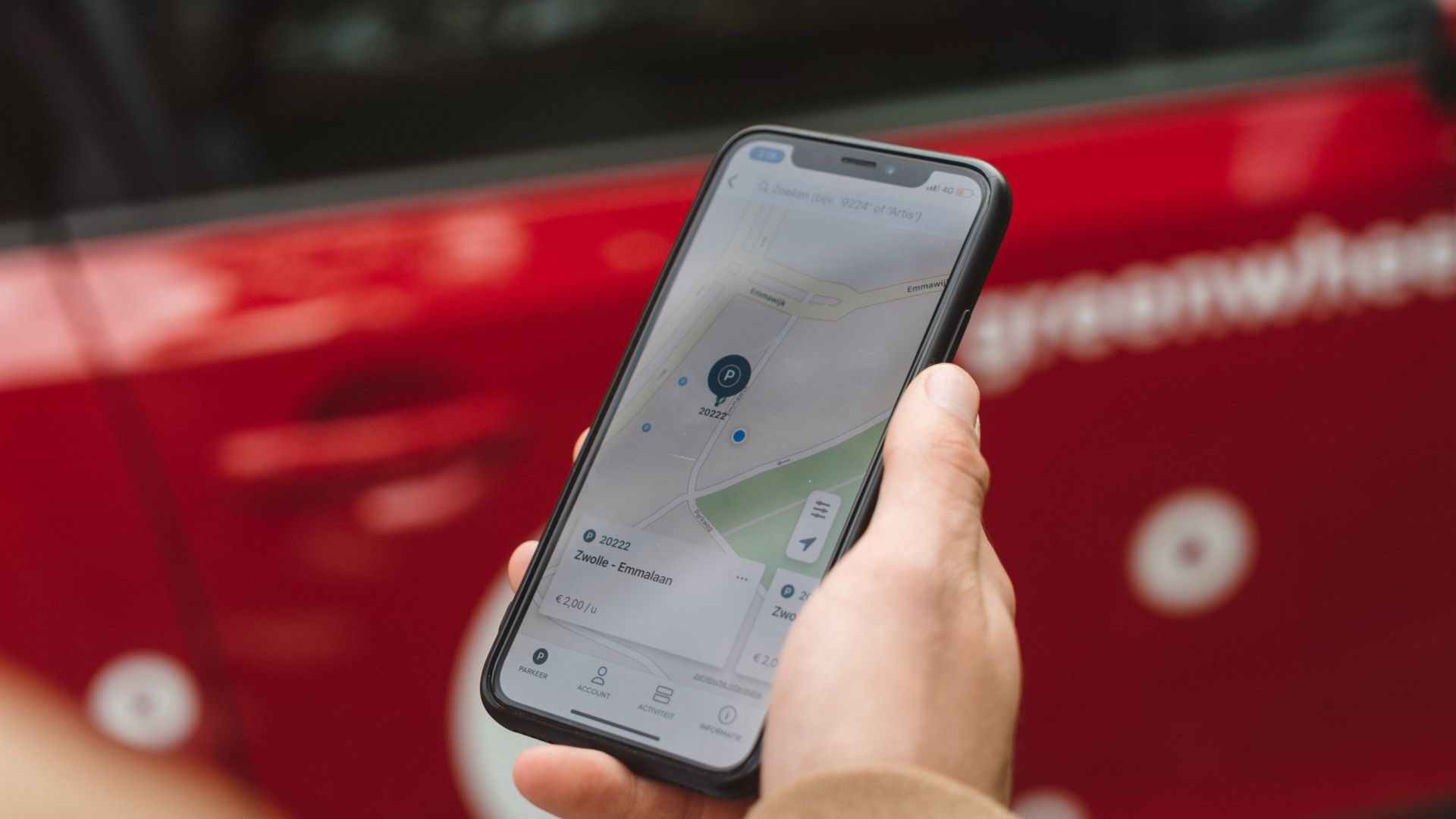Data is the new engine of automotive innovation.
Embrace the data. Deliver the value.
.jpg)
We power your entire data journey, from signals to solutions
Reliable data connectivity
Connected-by-design architecture with telematics, digital twins, and API-first integration.
Secure storage and governance
Scalable cloud platforms with CI/CD, comprehensive security, and enterprise data governance.
Intelligent data analytics
ML, MLOps, and GenAI delivering real-time insights and automated decisioning.
Unlimited business solutions
Digital cockpit, feature-on-demand, predictive maintenance, fleet efficiency, and monetization.
Data powertrain: Complete end-to-end solutions
From data generation and connectivity to secure platforms and governance, through real-time analytics and AI to activation in products, operations, and new business models.
All-in partnership and deep-rooted expertise
From signals to solutions
Most companies focus on collecting data solely. At Grape Up, we orchestrate its full potential. OEMs get solutions that go beyond analytics to deliver immediate production value and business impact.
Bridging vision with execution
Business meets technology through our engineering excellence, creating a compound effect. We embed into your teams, challenge assumptions, and co-own outcomes - transforming strategies into shipped systems, not just concepts.
Outcome ownership
We deliver end-to-end solutions with full accountability - from strategy to operations. One partner responsible for quality, scalability, and business value. With Grape Up, you get trusted results.
















See how we found the breakthrough to ship systems that matter
Business meets technology through engineering excellence.
Certifications
Our strategic partnerships and certifications in the automotive sector




Not sure how to turn vehicle data into business value? Let's map out your options.
Get in touch for tailored solutions and expert guidance.
Breaking points you need to know
Diving deep into automotive's critical inflection points






.jpg)
.jpg)
.jpg)
